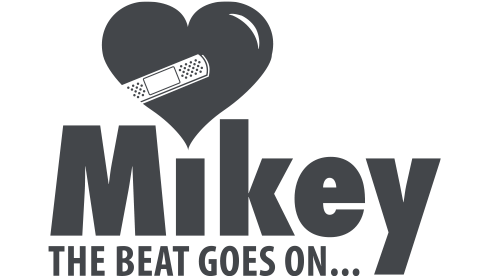
As students head back to school there is often a lot to occupy their time during the first few weeks of the semester. They’re catching up with friends, joining clubs, and beginning their studies. All of these activities are highly important while progressing through high school, but one that should be added is learning about heart-health.
Each year in Ontario, children and teens are among the 6,500 people who experience sudden cardiac arrest. Although the amount of youth that is affected by cardiac arrest is much smaller than that of adults, we at The Mikey Network know that it’s important to teach good practices early on, so that students are prepared for emergencies in the future.
Heart-health isn’t limited to just learning how to perform CPR or how to save a life using first aid. It’s also about retaining a healthy lifestyle. Learn about some of the ways that your child can become involved in more heart-healthy forms of education.
Mikey Young at Heart APP
Not only does the Mikey Young at Heart app provide students with the opportunity to earn volunteer hours that they will need to graduate, but they will also learn how to use an AED or perform CPR in emergency situations. Students begin the process by downloading the app and registering online. Then they earn their volunteer hours by watching instructional videos and completing the course’s exercises.
Health Class
What these health classes are called will vary by school but will focus on teaching students the proper understanding of CPR, first aid, and the human anatomy. Registering for this course can give students a hands on approach to scenario’s that they may deal with if they were to face an emergency situation in real life. Students will also learn about the human anatomy which will provide them with further information on how the rest of the body functions. These classes are of great benefit to those who are looking to enter any medical profession later on in life.
Physical Education/ Sports
Having an active lifestyle is one of the best steps that you can take to prevent heart disease and cardiac arrest. Students that are enrolled in a physical education class or in an extracurricular sport will benefit from learning how to regularly perform a physical workout routine from a trained professional. Some schools will go even further by providing sports academies for students, where they’ll learn about sport/life balance and more advanced topics like Kinesiology.
Cooking
Most high school students don’t have a good understanding of the nutritional effect that foods will have on their health. If your child is enrolled in cooking classes, they will learn how to cook meals to get through each and every day, while also learning about the proper nutrition that each meal will provide. Building an understanding of what is and isn’t a heart-healthy meal early on in their lives will help them to retain a healthier lifestyle.
These are just some of the things that can help to benefit your child’s heart-health. Regardless of what they do, or what courses they take, what’s important is that they are actively looking to improve their health and learn how to live a healthy lifestyle.















